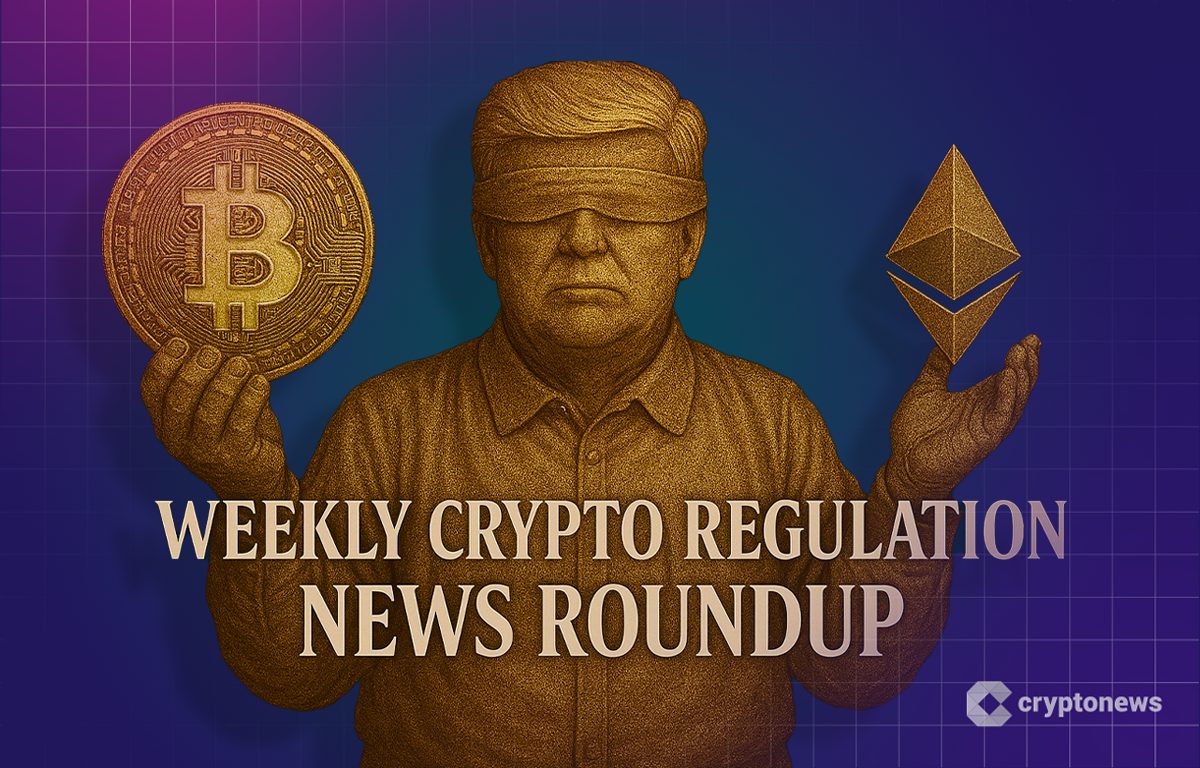Federal Reserve drops program that increased banks scrutiny of crypto
The Federal Reserve has announced that it will terminate a supervisory program that focused increased bank scrutiny on cryptocurrencies.
- The Federal Reserve Board is terminating its novel activities supervision program.
- Fed says its reverting to its standard supervision process for cryptocurrencies.
- U.S. banking regulators have issued clarifications on banks and crypto activities amid a shift in approach to crypto and stablecoins.
The Federal Reserve said in a press release that it will be sunsetting its novel activities supervision program, with this seeing the banking regulator revert to its standard supervisory processes of the crypto sector.
In terminating the 2023 supervisory letter that launched the novel activities program, the Federal Reserve is taking a major step towards aligning banks with the crypto and fintech ecosystem.
The Fed’s move to end the supervisory program follows the central bank’s strengthened understanding of cryptocurrencies, blockchain, and the associated risks. The Federal Reserve also says it now has a better grasp of risk management practices since the program’s launch.
Ending the program allows for the integration of gained knowledge into traditional oversight frameworks.
Banks and the crypto market
The U.S. banking regulator’s announcement on Friday adds to similar moves in the past few months, including the Fed’s decision to remove several guardrails on banks’ crypto-related activities in April.
In this case, the Federal Reserve withdrew supervisory documents that pushed banks to seek advance approval before engaging in cryptocurrency and stablecoin activities.
As well as the Federal Reserve, the Federal Deposit Insurance Corporation and Office of the Comptroller of the Currency have pulled guidelines that meant banks had to take extra scrutiny when looking at crypto-related activities.
The OCC withdrew its hands-off crypto stance in May, with its announcement at the time stating that banks were now allowed to buy and sell custody-held crypto assets on behalf of their customers. Banks can also offer crypto custody services.
You May Also Like

K33 completes private placement of 125 million Swedish kronor, which will be used to purchase Bitcoin as the company's reserve asset

DeFi Development announced an increase of approximately 180,000 SOL tokens, bringing its total holdings to approximately 1.18 million.
